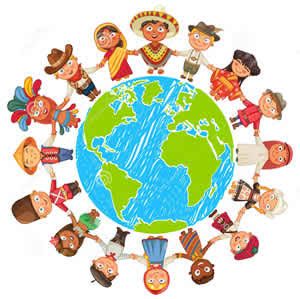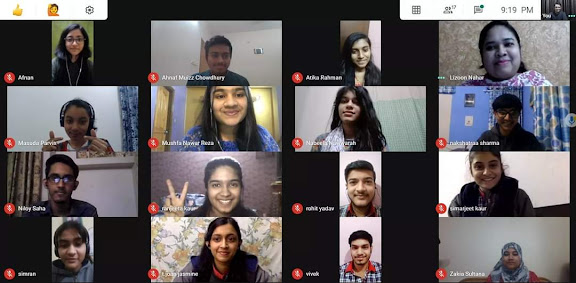When the Covid-19 pandemic swept across the world in 2020, schools closed and education was moved to students’ homes. Consequently, many countries faced the challenge of an unanticipated and accelerated move to online learning. This represents a crucial time to consider technology, pedagogy and education. Digital technology played vital role in enabling teachers to teach students at a distance using technological tools that enabled both synchronous and asynchronous communication with whole class, groups and individual children or young people; access to learning materials; and interactive and collaborative activities. Technology has always been there in many forms impacting our daily lives, but globally its utilization and implementation have never been so essential and vital ever before than now during this crisis.
In a period of just few months, the COVID-19 pandemic caused by the coronavirus has radically transformed the lives of masses of people around the globe, including students. Indeed, since march 2020, the number of student learners required to stay at home has increased drastically due to the closure of their educational institution at all grade levels in the pandemic COVID 19. Apart from the devastating health consequences for those directly affected by the virus, the COVID-19 pandemic holds major implications for the way students live and work, affecting their physical and mental well-being in profound ways. Technology paved its way to each and every home and reached to the hands of students in form of mobiles, laptops or Tablets. From farmer to Industrialists, from labour to Class I officers, from elementary students to Doctoral students, everyone has been actively involved and participated in this digital transformation.
During these challenging times where COVID 19 has severely affected the education and other aspects of every country, it has really been difficult for the students to learn something new and out of the box. By the end of September 2020, I have already completed my Community Outreach program of ATL and the covid-19 was again soaring and it was a time when I decided to engage students in learning and experiencing different cultures and traditions creatively & provide a global exposure to the students by an International Virtual Cultural Exchange.
Now, more than ever, it’s critical to utilize digital resources to transform young learners into global citizens with the learning going on and keep them creative and their spirits high during these unprecedented times. The teaching-learning is priority over the technological use. And, hence, the INVICE 2020 was planned with the view of giving students an intimate glimpse into the routines, habits, and cultures of individuals living thousands of miles away. The unique classroom experiences aren’t just fun; virtual exchanges increase understanding and acceptance within a school community, diversify a student’s academic repertoire, and can greatly improve skills and respect for learning a foreign language.
Keeping it in mind, I drafted the well-structured program for the Participation of the International schools in Virtual Cultural Exchange with our Kendriya Vidyalaya Students team & named it as INVICE 2020, and asked the names of interested students from different streams and later, after their consent, formed a team of 10 interested students



















